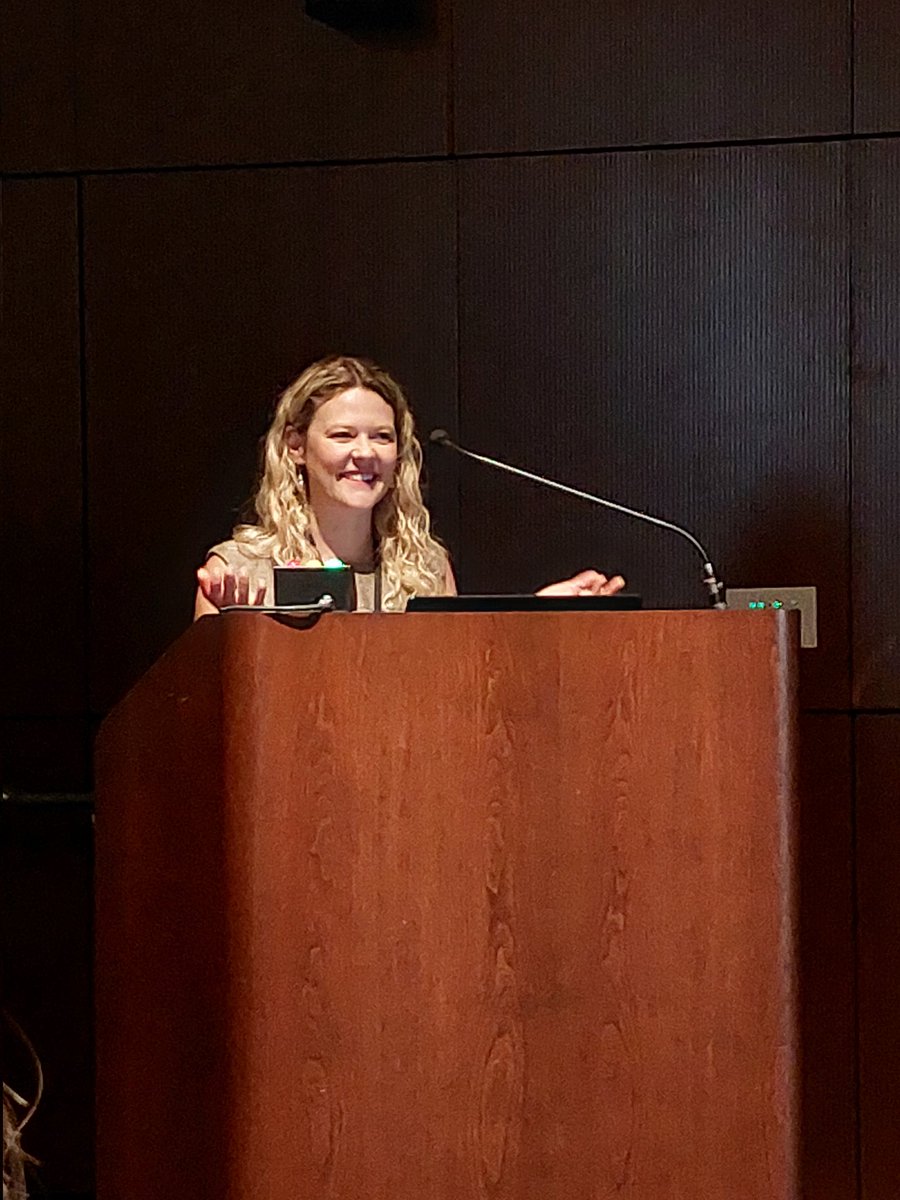
Reminder that the *entire* point of Greek letter is precisely *because* anyone _can_ name a variant. That's how we end up with potentially inaccurate & discriminatory names.
If we/@WHO don't provide useful names for use, alternative names will start to appear.
#CentaurusStrain
If we/@WHO don't provide useful names for use, alternative names will start to appear.
#CentaurusStrain
https://twitter.com/edyong209/status/1546979382811676672
We got lucky in a way with the 'first level' BA's (BA.1-BA.5) because they're simple enough for everyone to use & repeat.
But Pango lineages by nature can sometimes be more unwieldy: like BA.2.75 (which isn't even so bad). People start using shorthand!
But Pango lineages by nature can sometimes be more unwieldy: like BA.2.75 (which isn't even so bad). People start using shorthand!
Yes, we can ask people *not* to make up their own names.
But all we can do is ask.
If we don't address *why* people are coming up with alternative names - because they need an easier, recognisable handle - we run the risk they'll do it anyway. 💁🏻♀️
But all we can do is ask.
If we don't address *why* people are coming up with alternative names - because they need an easier, recognisable handle - we run the risk they'll do it anyway. 💁🏻♀️
The Greek Letter idea did this really well - provided 'neutral' names we could all use easily - scientists, media, & the public.
Personally, I think we're lucky that #Centaurus is a name in the same vein. We could have headlines going back to using geographical naming..
Personally, I think we're lucky that #Centaurus is a name in the same vein. We could have headlines going back to using geographical naming..
• • •
Missing some Tweet in this thread? You can try to
force a refresh












